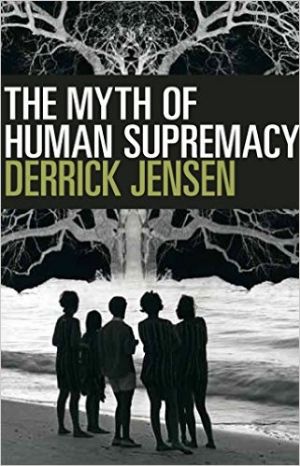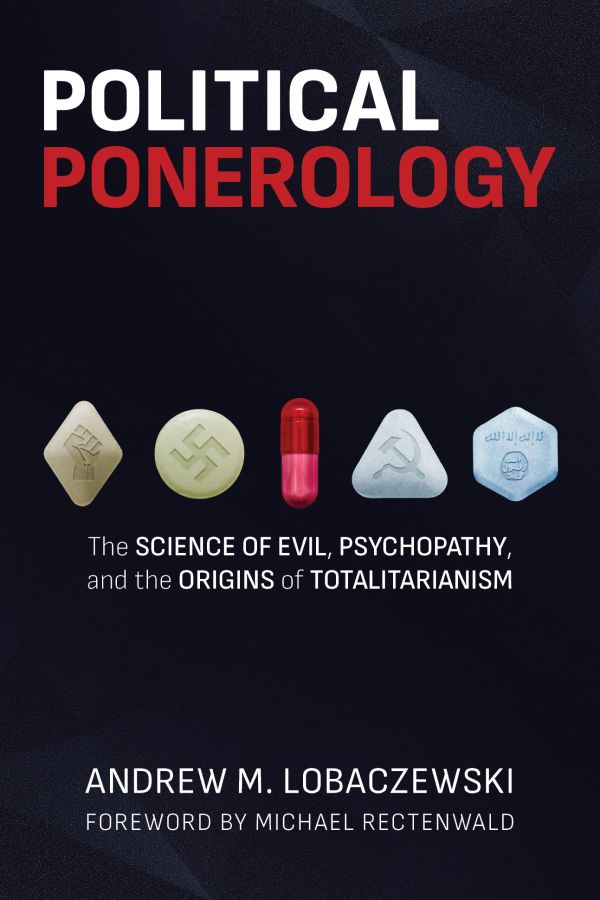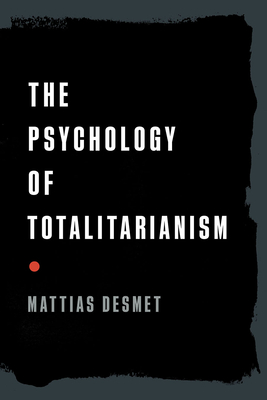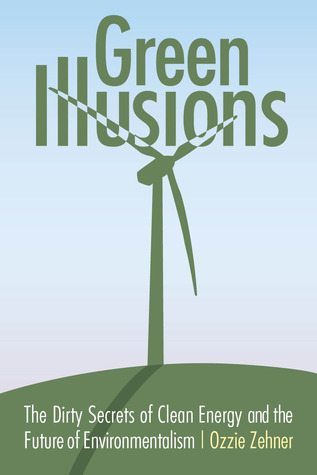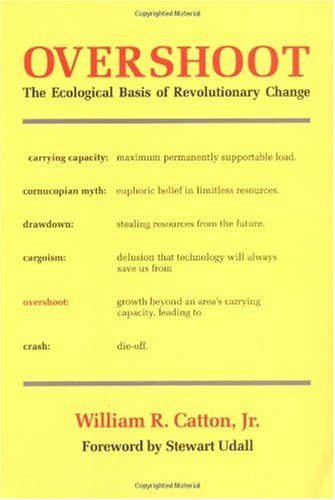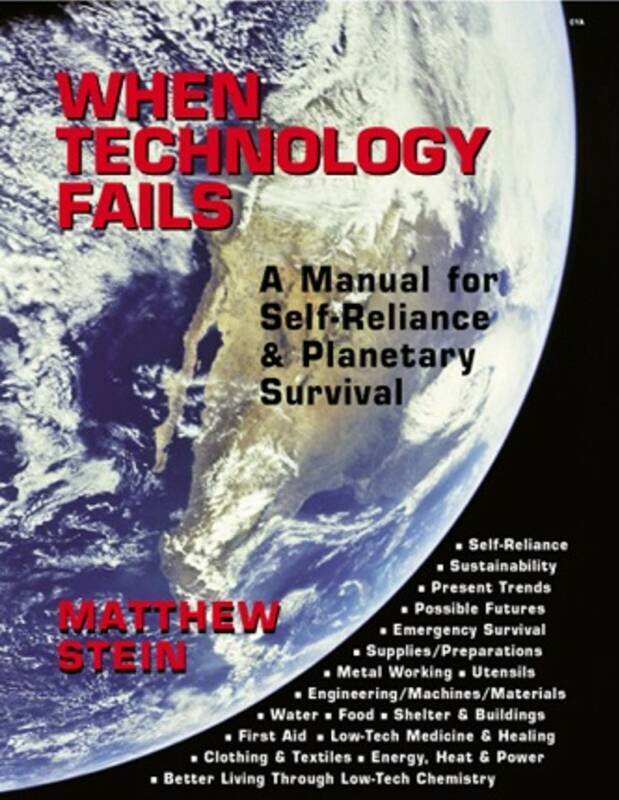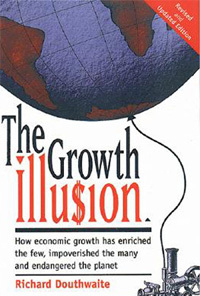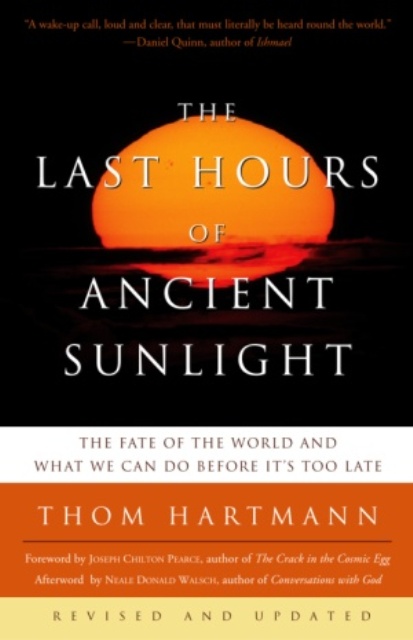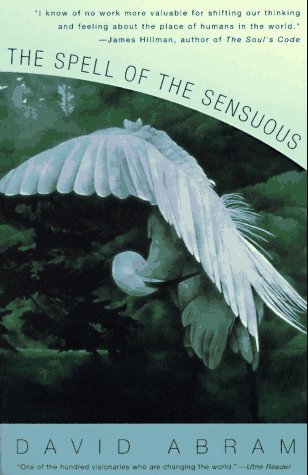Book review by Richard Reese | What Is Sustainable
When an unlucky person has been swept away by the brainwashing of a wacko cult, concerned friends or family members sometimes seek the assistance of a skilled deprogrammer to exorcize the demons. It’s a painful process. The scrambled soul is blasted with a fire-hose of strong rational arguments, hour after hour, hammering away at the many contradictions in the cult’s beliefs. Ideally, the shining power of truth blasts away the illusions, and opens the door to healing.
The cult of human supremacy has grown rapidly, and now includes a large portion of humankind. The zombie mobs are mindlessly destroying the living planet that everything depends on for survival. Jensen puts a spotlight on the demon: “Unquestioned beliefs are the real authorities of any culture.” We are bombarded with supremacist ideas from early childhood. They define our understanding of normality, and encourage us to live like there’s no tomorrow. Only humans matter, a living planet does not.
By definition, human supremacy is about hierarchy: the white male God, white kings, white men, white women, minorities, mammals, birds, plants, insects, bacteria, etc. Most of the community of life is inferior to you, resources for you to exploit or destroy. The supremacist worldview has no concern for ecological health. Civilization is a space station where all of our needs are magically met.
Jensen devotes many pages to revealing the cult’s creepy narcissism. Research is discovering that plants and nonhuman animals are sentient, self-aware, intelligent, and able to make tools and communicate. Slime mold can learn and remember, displaying more intelligence than a number of world leaders. Plants do react when damaged, disproving the cult’s belief that organisms without brains can feel no pain. The cult believes that communication means making funny noises with human lips, but trees communicate using chemicals.
Humans spray neurotoxins on their food, while boasting that we are the only ones who possess intelligence. “Intelligence” is a slippery word. From the supremacist perspective, it’s intelligent to create an industrial society that blindsides the planet’s climate. Thanks to this intelligence, 98% of old growth forests are gone, 99% of prairies, 99% of wetlands, 90% of large oceanic fish. “When others besides human supremacists look at us, they see the worst thing that has ever happened to this planet,” says Jensen. “If animals could conceive of the devil, his image would be man’s.”
For thousands of years, agriculture has had a well-documented history of transforming healthy ecosystems into wastelands via deforestation, soil mining, wetland destruction, and water mining — a process that still continues. Agriculture can never be sustainable. “Plows are probably the single most destructive human invention ever, and agriculture was the single biggest — and least intelligent — mistake any creature has ever made.” Humankind is in extreme overshoot right now, as the population skyrocket keeps zooming upward.
There are two flavors of technology: authoritarian and democratic. Authoritarian technology is produced by complex, hierarchical civilizations. This technology tends to control the society. We must have electricity, electronics, sequestered carbon, and transportation devices to participate in modernity. Consumers are hardcore electricity addicts. Jensen screams! Lack of imagination is a primary cause of the Earth Crisis. We can’t imagine living without electricity, but we can imagine a world without rhinos or tigers. Oy!
It takes imagination to challenge the unquestioned beliefs that inspire insane behavior. Jensen’s doctor says that there can be no cure without a proper diagnosis. Unquestioned beliefs often make an accurate diagnosis impossible. They tell us that renewable energy, nuclear power, and geoengineering are brilliant solutions. So, every unquestioned belief must be mercilessly questioned, and the dodgy ones sent to the shredder.
Democratic technology, on the other hand, is stuff that anyone can make, like a basket or bow and arrow. Chimps use sticks to fish for yummy termites. Vultures throw stones to crack ostrich eggs. This is sustainable. It doesn’t rock the boat. But authoritarian technology is big juju. Too often, even green activists have vivid fantasies of a sustainable future, whilst keeping many of the unsustainable goodies of civilization. The line between naughty and nice can be blurry.
Lately, I’ve been reading about the Aztecs. In 1492, Tenochtitlan (Mexico City) was one of the biggest cities in the world, with a population of about 200,000, five times larger than London. They had no horses, oxen, plows, or metals. The fields were tilled with digging sticks, and fertilized with human poop. It was a highly sophisticated and authoritarian Stone Age civilization famous for cutting the beating hearts out of thousands of prisoners at a time.
Words can be slippery. Throughout the book, Jensen frequently uses “stupid” when discussing the quirks of civilized humans. Stupid means unintelligent, having a limited ability to learn and understand, an incurable handicap. Maybe "ignorant" would have been more precise. It means a lack of knowledge — a somewhat curable shortcoming. Methinks that ignorance plays a major role in the bad choices we make. In many ways our education system remains lost in a dream world of yesteryear.
Anyway, Jensen tackles and paddles many unquestioned beliefs. We all suffer from them, to some degree, he says. It’s hard not to, living in this culture. Questioning is a powerful medicine that should be used daily. When it comes to innovation, we are terribly clever. At the same time, we are tropical primates, engaged in a phenomenally ignorant adventure in violating as many of the laws of nature as humanly possible, for no good reason.
The myth of human supremacy asserts that we are rational, moral, and ethical. Wild animals have no interest in reason, morals, or ethics because they have no need for them. They live sustainably by simply remaining in balance with the community of life. They have no need for powerful 20-20 foresight, because they stay on a stable time-proven path. Supremacists are ravaging Earth, but they look awesome in their smiling selfies.
Jensen's book reminds me of a defibrillator, the gizmo used when someone's heart stops beating. Its two paddles are placed on the chest, and then a powerful electric shock is blasted into the victim, in an effort to restart the heart. He doubts that his book will convince many of the living dead supremacists to question their beliefs. Its main purpose is to encourage the pilgrims who understand that civilization is killing the planet. We need to save as many species as we can.
The book is also something like a hearing aid. It heightens readers’ ability to hear the supremacist voices that barrage us every day. It’s helpful to better recognize the tireless jabber from the lunatic asylum. And so, Jensen waves and rides off into the sunset. “The more I learn about the real world, the more wonderful I think it is, and the more honored I am to be here.”
Jensen, Derrick, The Myth of Human Supremacy, Seven Stories Press, New York, 2016.
****
Richard Reese lives in Eugene, Oregon. He is the author of What Is Sustainable, Sustainable or Bust, and Understanding Sustainability. His primary interest is ecological sustainability, and helping others learn about it. His blog wildancestors.blogspot.com includes free access to reviews of more than 160 sustainability-related books, plus a few dozen rants.
Reprinted with permission from the author.

